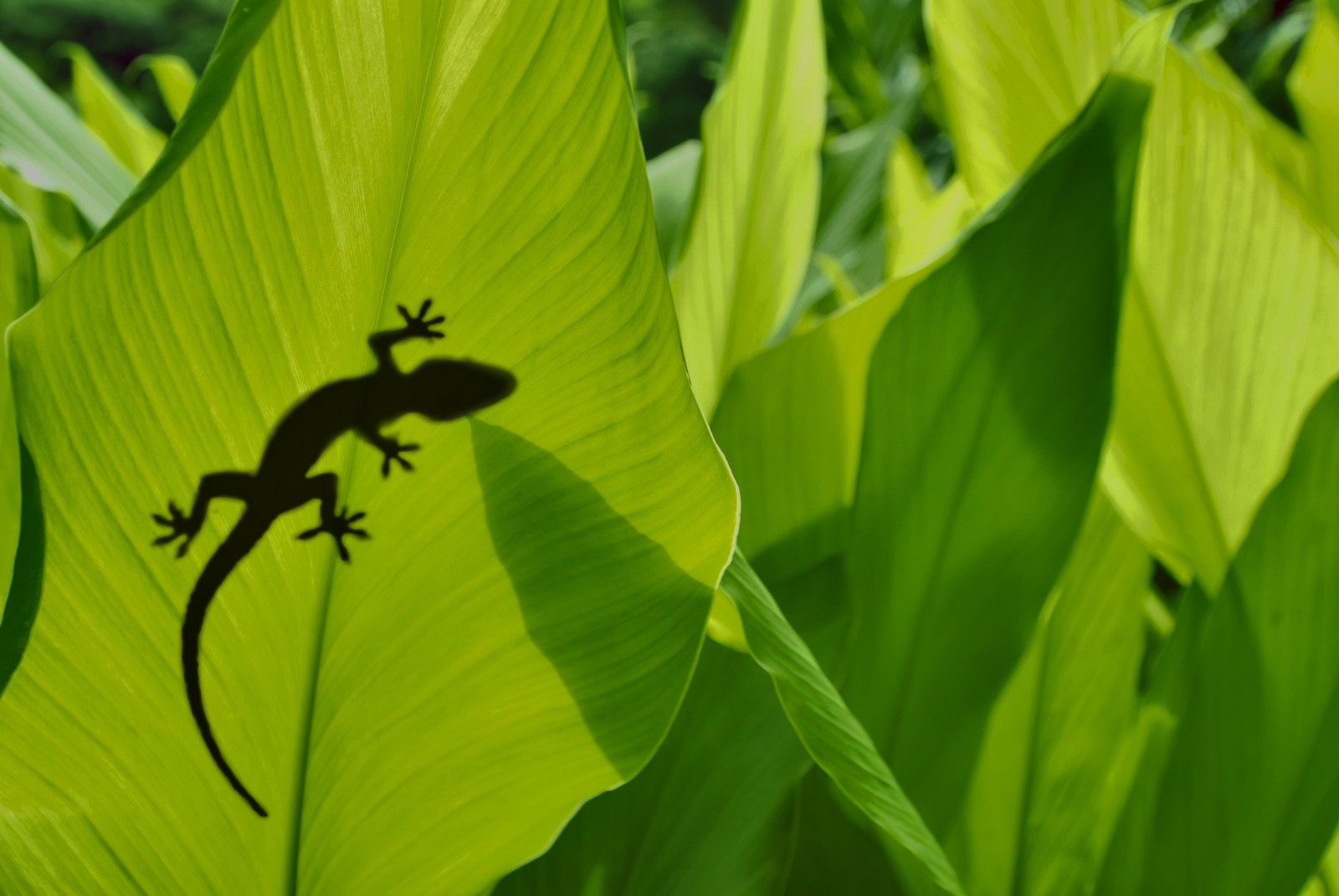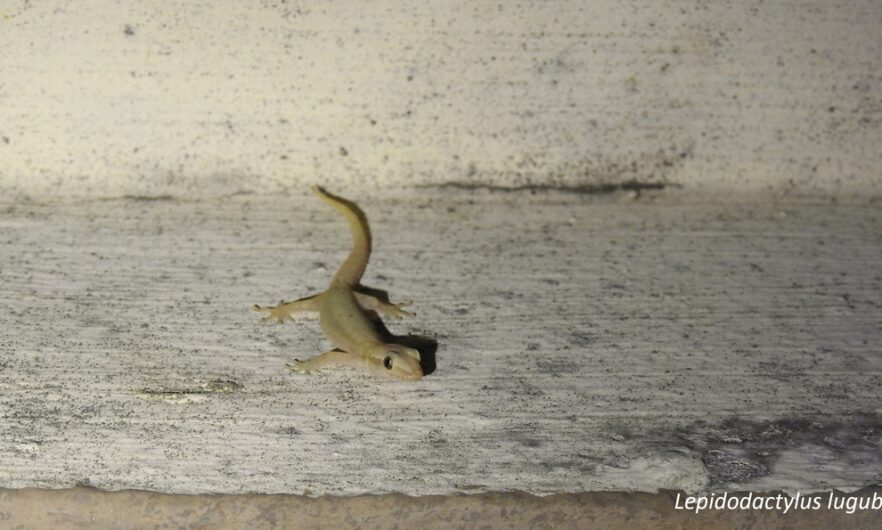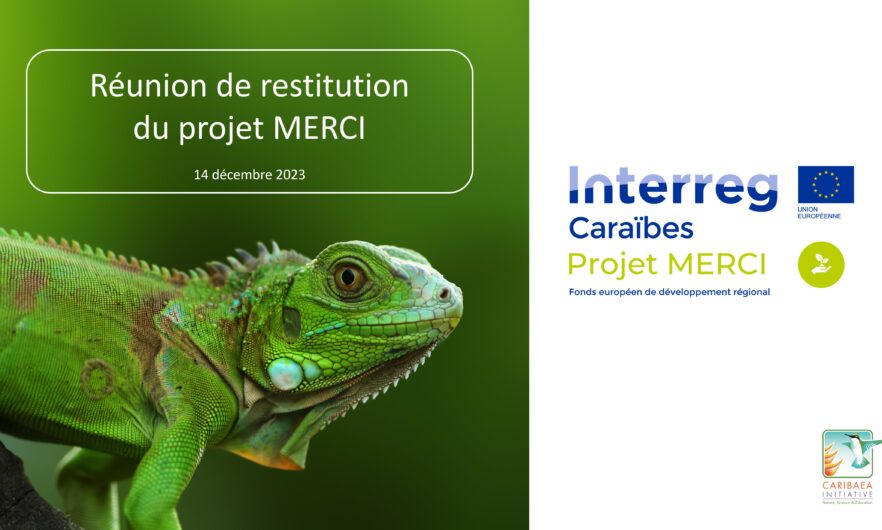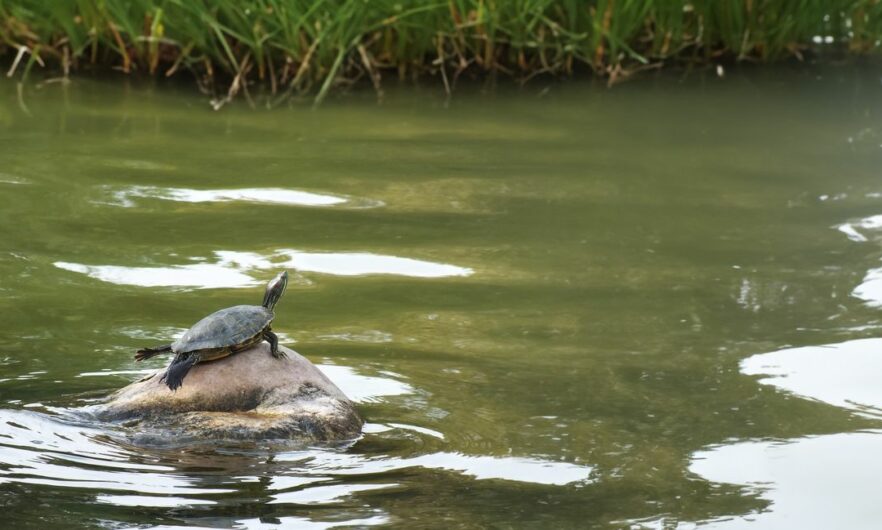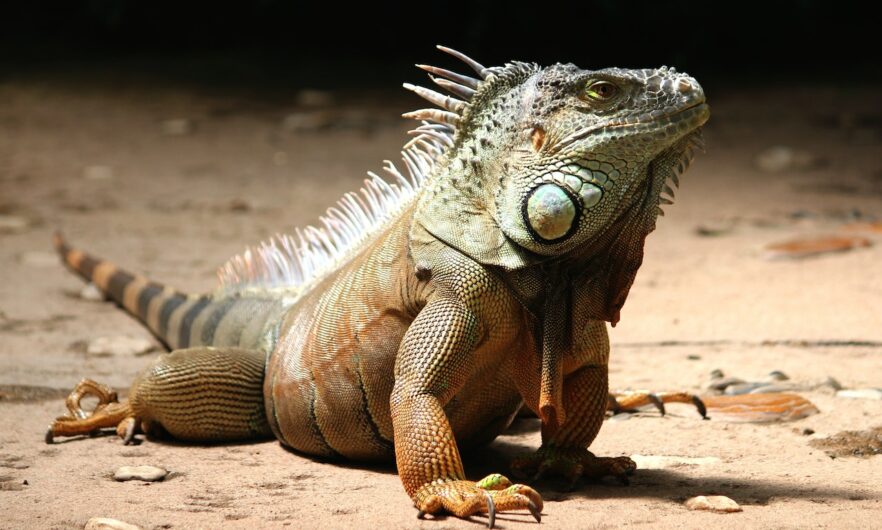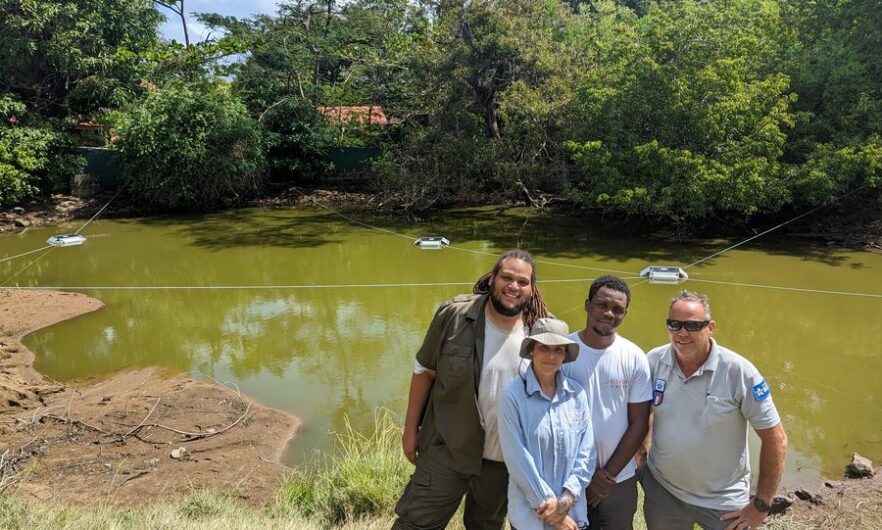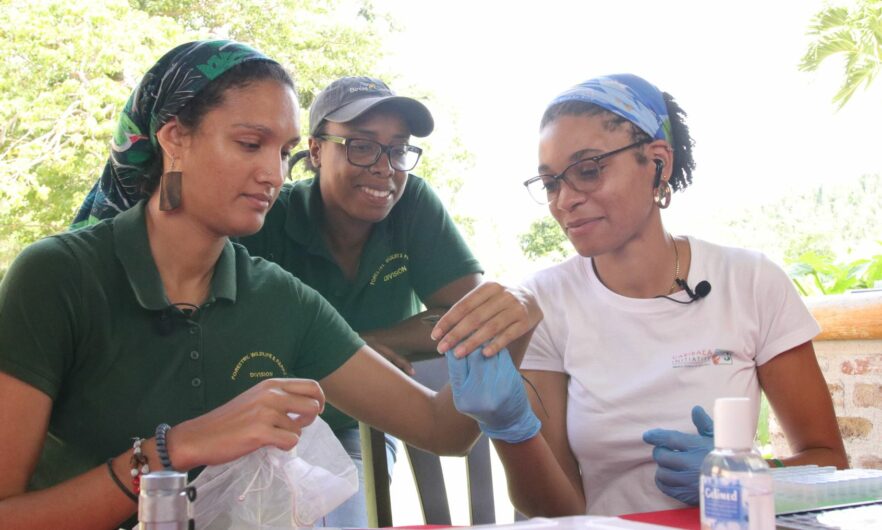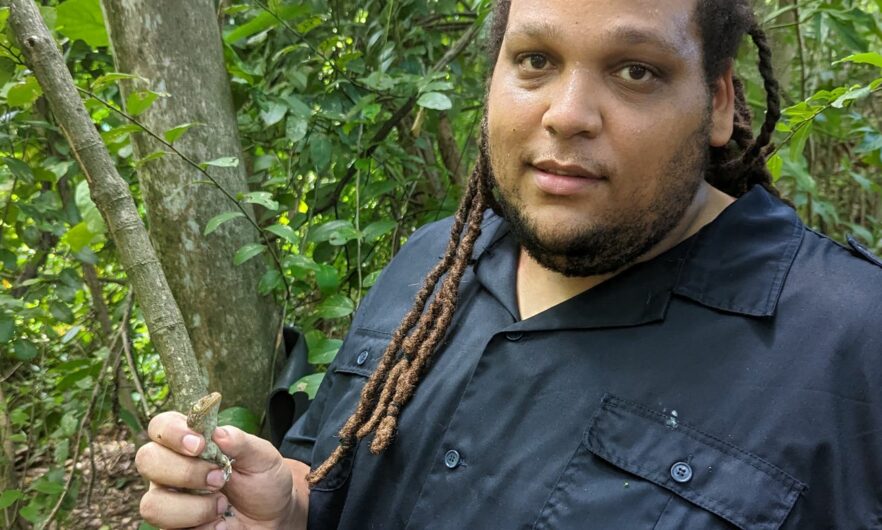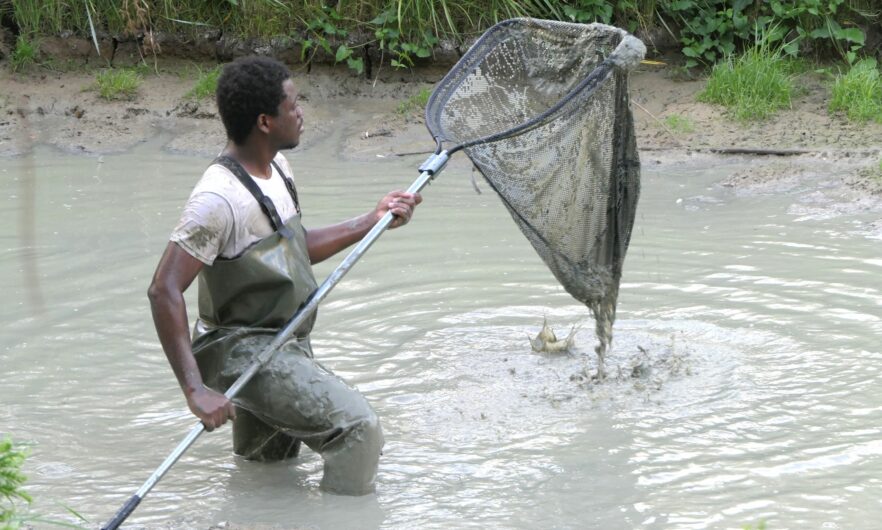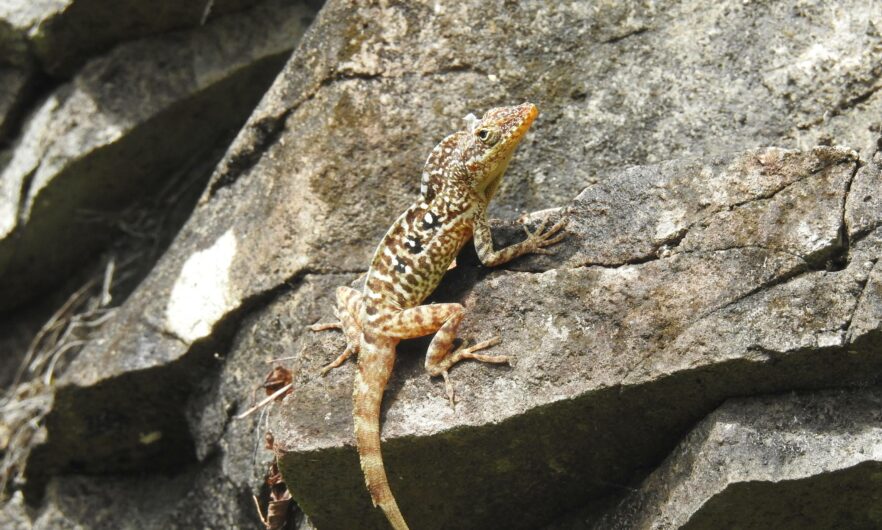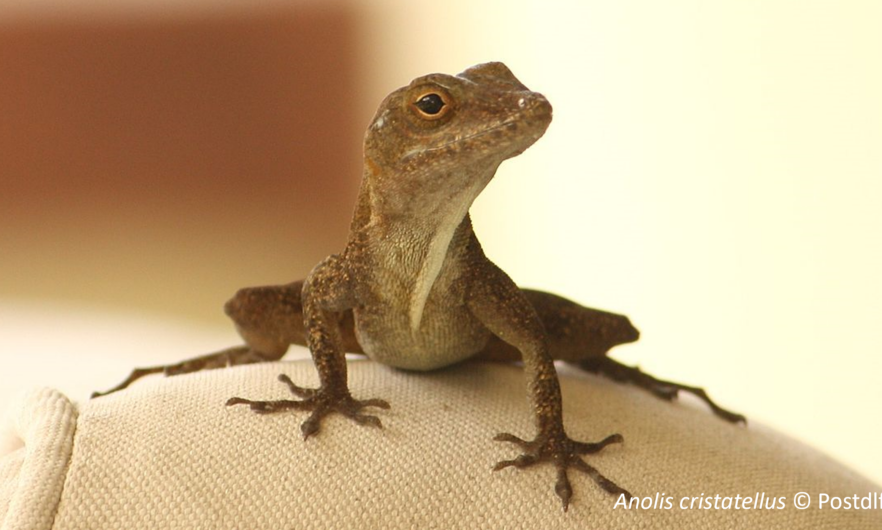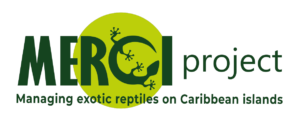The Mourning Gecko: A rapidly spreading invasive species in Guadeloupe
In Guadeloupe, the Mourning Gecko was first detected in 2010. Thanks to its unique reproductive method and its ability to adapt to a wide variety of habitats, this reptile is able to rapidly expand into the territories it colonizes. A recently published study highlights the current status of this invasion....
To come: project restitution meeting
The MERCI project comes to an end. To conclude this ambitious and significant project in many respects – in terms of acquired scientific data, the wealth of inter-territorial collaborations established, and the ecological and economic implications linked to better reptile management – the Caribaea Initiative association will have the...
Exotic turtles in Guadeloupe: An under-studied threat to biodiversity
Guadeloupe is home to a variety of ecosystems populated by a rich and unique biodiversity. But, as in all the territories of the insular Caribbean, this abundant biodiversity faces a major threat: the invasion of exotic species....
Invasive alien species: a major factor in global biodiversity loss
Invasive alien species have been a major factor in 60% of species extinctions worldwide. This is the conclusion of the latest report from IPBES, the Intergovernmental Science-Policy Platform on Biodiversity and Ecosystem Services. The Caribbean, as an island system considered a hotspot of biodiversity, is particularly concerned....
In Guadeloupe, an ecosystem rehabilitated after the invasion of exotic turtles
The abundant biodiversity of the Caribbean, rich and unique in the world, is under numerous threats. As with all island systems, invasive alien species are a major problem. Originating from other territories, these animals or plants are introduced voluntarily or by accident, and disrupt local ecosystems through competition, predation, or...
Improving collaboration thanks to Dominican lizards
The MERCI project is a research program aiming at improving the knowledge on several species of invasive exotic reptiles in the Lesser Antilles. Another ambition of the project is to reinforce the collaboration between the different territories. The last mission, which took place in Dominica, shows that both objectives are successful!...
Turtles and geckos: a mission with a double challenge in Martinique
Invasive alien species represent a major threat to island biodiversity. Many species of reptiles, recently arrived or established for a long time, can negatively impact the populations of local and sometimes endemic species from several territories of the Caribbean. The MERCI project (Managing Exotic Reptiles on Caribbean Islands) aims...
Martinique: a three-week mission to study freshwater turtles
Freshwater turtles may seem harmless, but some species are nonetheless invasive and potentially dangerous for local biodiversity. This is the case for two species in the West Indies: the Antillean slider (Trachemys stejnegeri), native to Puerto Rico, and the Yellow-bellied slider turtle (Trachemys scripta), native to the United States....
Looking for anole lizards: A mission in Dominica
A new mission has just ended in Dominica. Although conducted for scientific purposes, the mission was also a great human adventure in this island that is referred “The Nature Island of the Caribbean” in reference to its exceptional conservation. Here is the story of a week dedicated to anoles. The island of Dominica, like many...
On the way to the next field missions in Dominica and Martinique
Six months after the first field mission to Saint Lucia and Dominica, a new field mission combining once again training and data recording is about to begin. Annabelle Vidal, who specialized in the study of populations of anole lizard during her doctoral work, will be training five collaborators working in the Forestry, Wildlife and...

